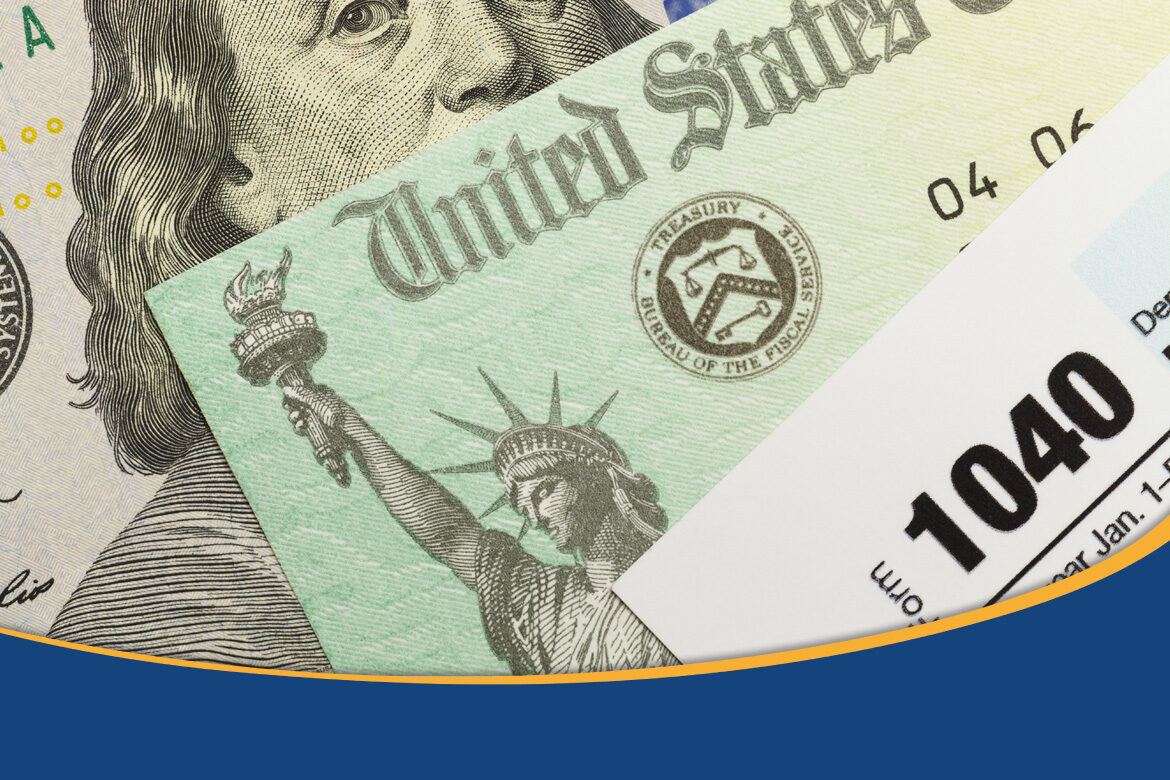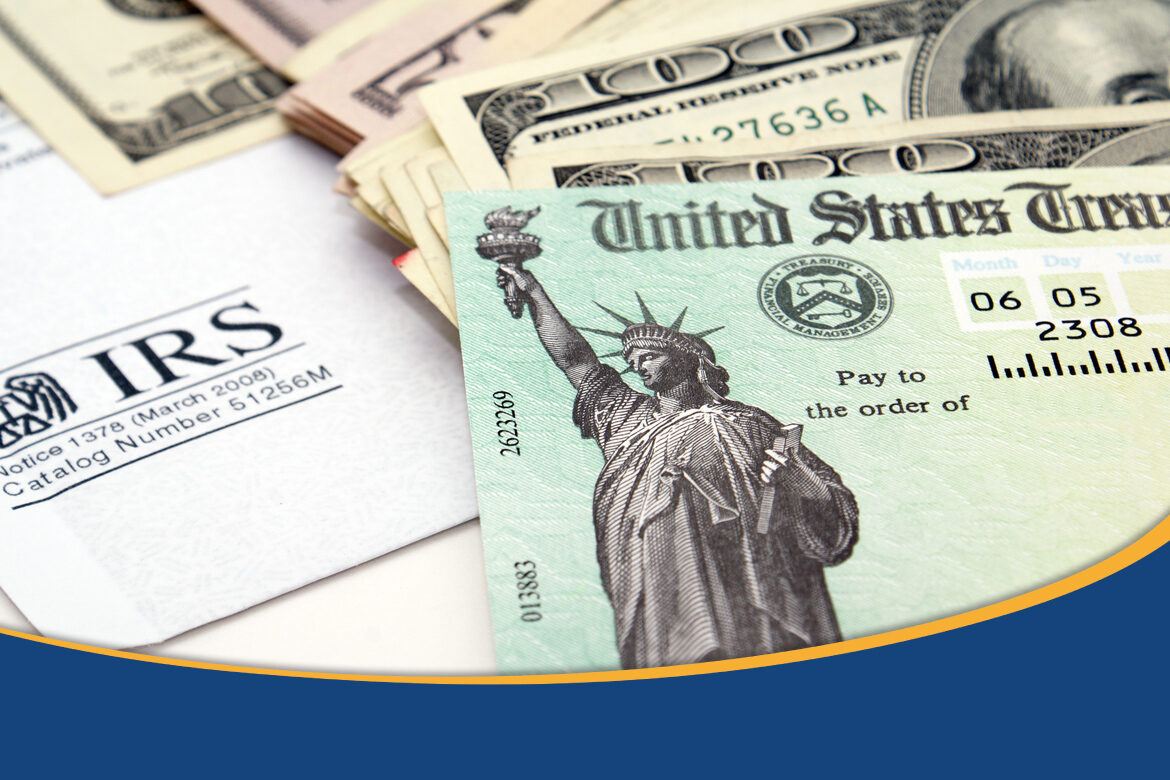Tax season brings about a mix of emotions. On the one hand, you’re hoping for a decent tax refund that will unveil financial opportunities for you and your family. On the other hand, gathering tax documents, filing your return, and trying to steer clear of scams can be stressful.
Education
Credit card debt has a way of sneaking up on you. Before you know it, the balances can become a financial burden and a challenge to pay off. This is especially true if you’re managing multiple cards with different balances, payment amounts, and due dates.
As tax season rolls in, many people are looking forward to receiving a refund check. You might already have an idea of how you plan to spend it. But, while it can be fun to treat yourself, you also don’t want to lose sight of the many ways these funds can benefit you.
Have you ever found yourself daydreaming about how you will spend your next pay raise or bonus? Maybe you plan to make repairs on your home, begin saving for your child’s future college expenses, or want to eliminate high-interest credit card debt.
You’ve probably come across the term “compound interest” when considering savings and investment options. But what exactly is compound interest, and how does it impact your wealth-building strategy?





